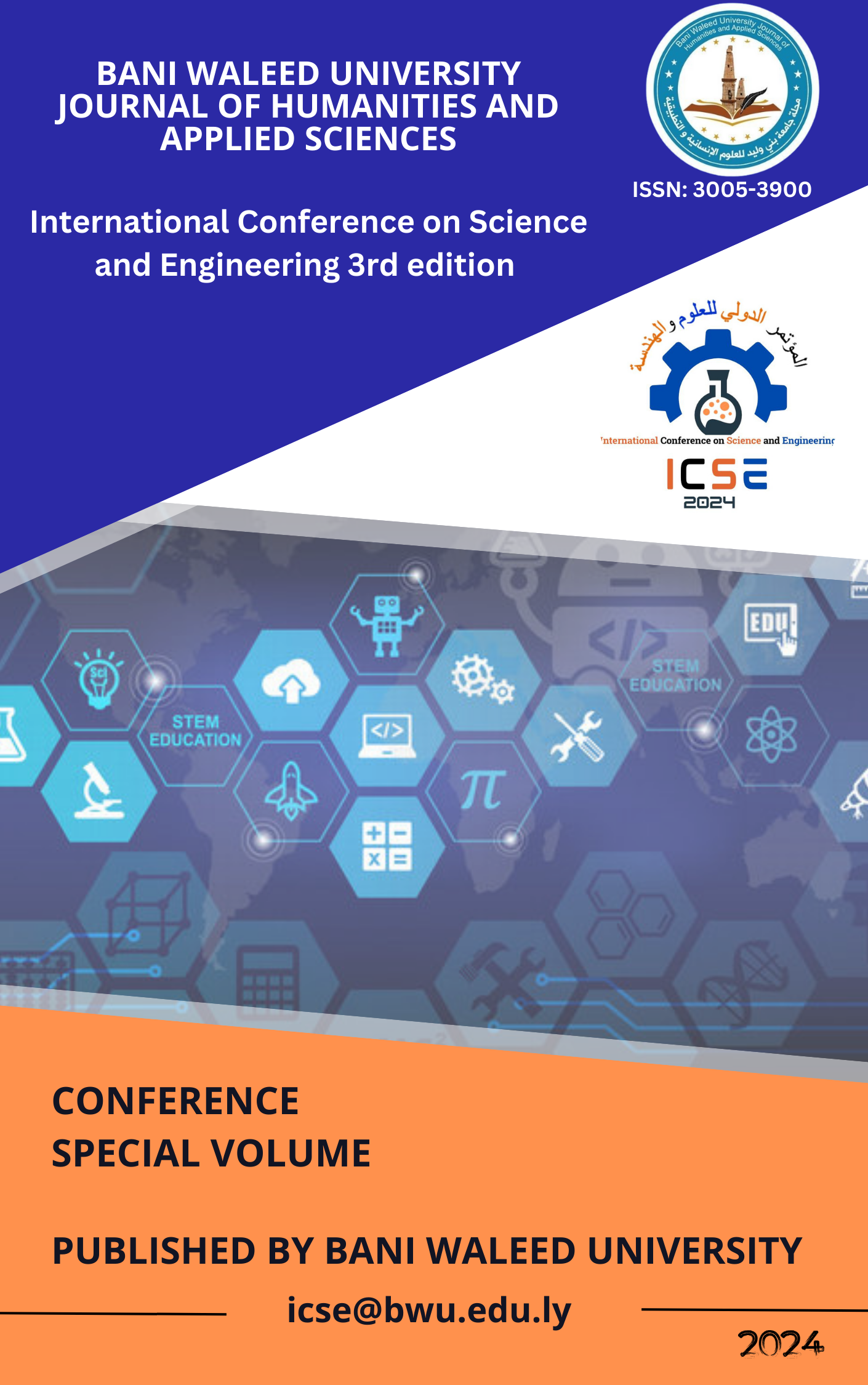The Impact of Replacement Ratios of Clay Extracted from Groundwater Drilling on the Mechanical Properties of Cement Mortar
DOI:
https://doi.org/10.58916/jhas.v9iالخاص.355Keywords:
Cement morter,pozzolanic clay,additives,green concreteAbstract
The negative environmental impacts of Portland cement as a binder in the construction industry have increasingly driven the development of alternative sustainable binders. Waste materials derived from nature can be used as pozzolanic alternatives to cement. This study examines the effect of burned clay on producing cement mortar with good specifications and high durability. A series of (60) samples were prepared and cast, with six cubes taken as reference samples. The remaining (54) cubes were divided into groups with cement replaced at ratios of (25%, 50%, and 75%) and burned at temperatures of (400, 600, and 800) degrees Celsius. The results indicated that the (25%) replacement level was optimal in terms of compressive strength, which then decreased beyond this replacement ratio. The compressive strength achieved for the cement alternative samples was (19.75 MPa) at a (25%) replacement ratio and a burning temperature of 600 degrees Celsius for (7) days. The strength decreased as the clay proportion in the mix increased. This study showed that clay extracted from well drilling has the potential to produce good quality cement mortar at certain replacement ratios















